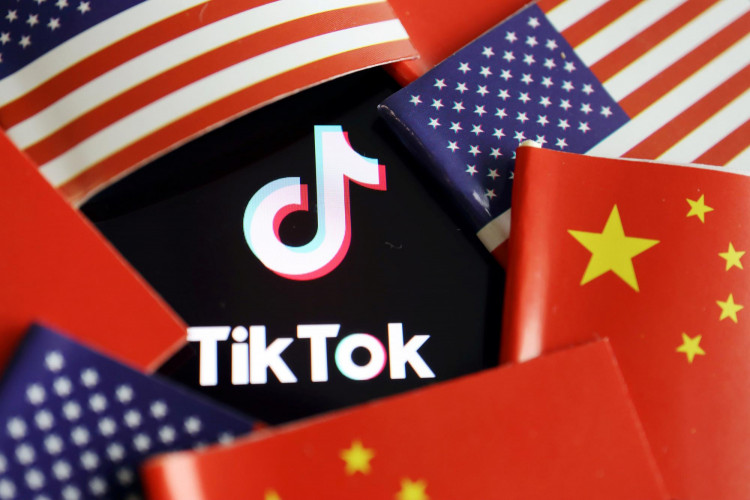TikTok faces a looming ban in the United States as a federal appeals court unanimously upheld a law that could force the popular social media platform to divest from its Chinese parent company, ByteDance, or cease operations by January 19, 2025. The decision marks a significant setback for TikTok, which has vowed to fight the legislation aimed at addressing national security concerns related to data privacy and foreign influence.
On Friday, the U.S. Court of Appeals for the District of Columbia Circuit rejected TikTok's attempt to overturn the law, ruling that it does not violate the First Amendment or the Fifth Amendment's guarantee of equal protection under the law. The court's opinion, authored by Judge Douglas Ginsburg, stated, "The First Amendment exists to protect free speech in the United States. Here the Government acted solely to protect that freedom from a foreign adversary nation and to limit that adversary's ability to gather data on people in the United States."
TikTok, representing over 170 million American users, argued that the law infringed on their free speech rights and unfairly targeted the platform without sufficient evidence of wrongdoing. In response, TikTok spokesperson Michael Hughes stated, "The Supreme Court has an established historical record of protecting Americans' right to free speech, and we expect they will do just that on this important constitutional issue. Unfortunately, the TikTok ban was conceived and pushed through based upon inaccurate, flawed and hypothetical information, resulting in outright censorship of the American people."
The law, signed by President Joe Biden in April, mandates that TikTok either sell its U.S. operations to a non-Chinese entity or face a complete ban. This legislation emerged from long-standing concerns among lawmakers that ByteDance could potentially share American user data with the Chinese government or manipulate the platform's algorithm to spread propaganda, thereby posing a national security threat.
In a consolidated lawsuit, TikTok challenged the statute alongside individual content creators and conservative groups, arguing that the government's actions were an overreach. However, the appeals court found that the legislation narrowly targeted the specific issue of ByteDance's control without suppressing any particular content. The Act targets "the PRC's ability to manipulate the content covertly," the judges wrote, adding that this approach is consistent with First Amendment protections.
Legal experts have weighed in on the ruling's implications. Jasmine Enberg, principal analyst at eMarketer, described the decision as "a major setback, but not yet the end of the road for TikTok." She noted, "If an appeal to the Supreme Court also doesn't work out in TikTok's favor and the ban is enforced, it would cause major upheaval in the social landscape, benefitting Meta, YouTube, and Snap, while hurting content creators and small businesses that rely on the app to make a living."
Support for TikTok's position has come from various quarters, including civil liberties organizations. Patrick Toomey, deputy director of the ACLU's National Security Project, criticized the ruling, stating, "Banning TikTok blatantly violates the First Amendment rights of millions of Americans who use this app to express themselves and communicate with people around the world. The government cannot shut down an entire communications platform unless it poses extremely serious and imminent harm, and there's no evidence of that here."
The potential ban has sparked a swift reaction from TikTok's user base, with many expressing frustration and concern over the platform's future. One user posted a video declaring, "This is nuts. I don't want (Meta CEO) Mark Zuckerberg to own TikTok, that won't make me feel better," highlighting fears about possible ownership changes and their impact on the app's ecosystem.
Despite the ruling, TikTok has indicated its intention to appeal the decision, aiming to reach the Supreme Court. However, the likelihood of the court taking up the case remains uncertain. Meanwhile, former President Donald Trump, who initially sought to ban TikTok during his previous term, has recently signaled a shift in stance. In March, Trump stated on Truth Social that he opposes a TikTok ban, arguing it would only benefit rivals like Facebook and its CEO, Mark Zuckerberg.
The broader geopolitical context also plays a role in the unfolding situation. Concerns about Chinese influence and data security continue to drive U.S. policy towards Chinese-owned tech companies. The European Union has echoed similar apprehensions, recently investigating potential Russian interference via TikTok in Romanian elections, further complicating the platform's global standing.





